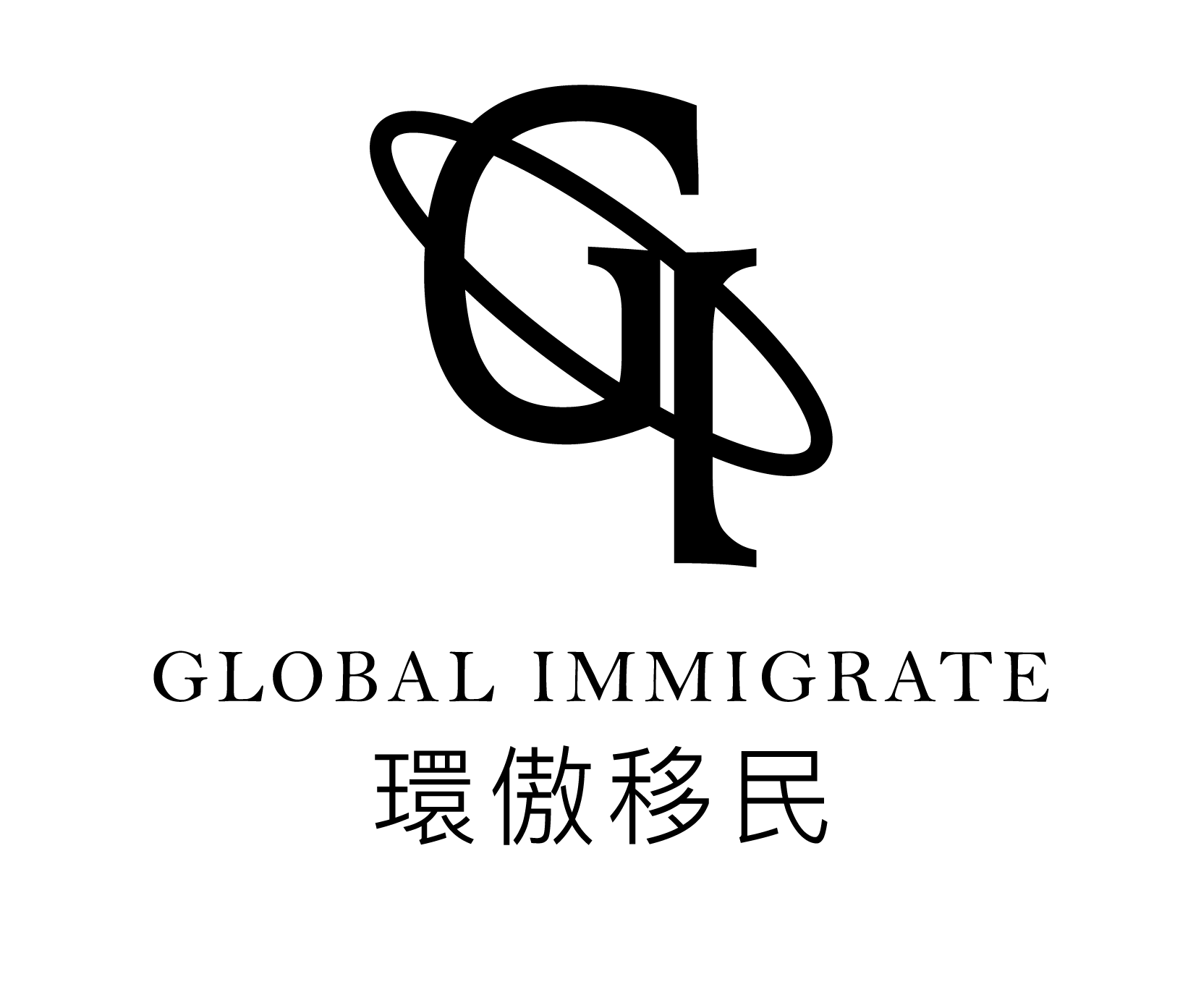
Canada has rapidly developed into a paradise for entrepreneurs in recent years. The reason behind this is not only because of the solid foundation of the financial industry in Canada and its rich human resources, but also because of its excellent business environment. According to Forbes, Canada is hailed as the best country in the world for businessmen to conduct business with its strong GDP growth and healthy trade balance.
About the Canadian business environment…
In Canada, the federal and provincial corporate tax rate is as low as 27%, and the personal income tax rate is as low as 12.9%, which not only reduces the financial burden of start-up entrepreneurs but also attracts talents to stay in Canada for development. According to data from the Organization for Economic Cooperation and Development (OECD), Canada has the second-highest population of 25 to 34 years old with a college degree in the world. Various favourable business conditions have attracted foreign entrepreneurs to enter Canada for gold mining, and many people have settled down to establish ideal comfort nests.
Canada Start-Up Visa — the key to help you immigrate to Canada
The Canadian Entrepreneur Visa Program (Start-Up Visa) is a pioneering residence program that opens the door to investment immigration for entrepreneurs. According to the official statement, it is not difficult for foreign entrepreneurs to obtain permanent residency. They only need to promise and successfully establish a business locally to achieve the vision of creating prosperity. In principle, it has met the immigration requirements.
Coupled with the local government’s abundant resources to support start-ups, it may be much easier than you think to embark on the path of entrepreneurial immigration in Canada! For example, there are different private sector organizations in the local area, which are responsible for providing cooperation opportunities for foreign entrepreneurs and providing financial assistance and guidance at the starting point of entrepreneurship.
Canada Start-Up Visa usually takes one year to 16 months from application to approval. However, before the visa is officially approved, applicants can also apply for a temporary work visa to prepare for the business in advance.
Canadian Start-Up Visa – What qualifications do applicants need to meet?
In order to attract foreign entrepreneurs to bring capital and employment opportunities to Canada, the Canadian government does not set special thresholds for the entrepreneur visa program. Applicants only need to meet the following four basic requirements, including:
-
Proficient in the local language
Applicants must prove that they meet the minimum language proficiency requirements in English or French (all abilities are CLB 5).
-
Proof of assets
Applicants must prove that they currently have sufficient funds to provide financial support for themselves and their family members who will settle in Canada*. Proof of required funds must meet the requirements of the Canadian Citizenship and Immigration Department, as follows:
Number of family members Need to prove possession of assets (CAD) 1 12,669 2 15,772 3 19,390 4 23,542 5 26,701 6 30,114 7 33,528 Each subsequent family member 3,414 Note* Applicants must plan to settle in a province other than Quebec, Canada.
-
Passed Canadian National Defense Security and Medical Rating
As in other countries, when approving immigration status, Canadian authorities will conduct verification and investigation on the applicant’s physical condition and criminal record. Applicants are required to undergo a series of medical examinations, and also need to provide a certificate of no criminal record in their place of origin (commonly known as a good citizen certificate). The medical examination is designed to protect the safety and health of Canadian citizens as a whole and to prevent foreign immigrants from adding unnecessary burdens to the Canadian medical system and social services. As for the criminal record investigation, the applicant has no criminal record to assess the national security risk level.
-
Proof of business plan
Applicants must draw up a business plan that is officially recognized by Canada, that is, prove that the business plan submitted has a cooperative relationship with some local designated organizations. Applicants can choose to cooperate with single or multiple organizations and need to negotiate with each organization on their own to obtain a joint recommendation letter or joint certification document submitted to the Canadian Citizenship and Immigration Department.
In addition, applicants also need to obtain a commitment from an officially designated venture fund to inject at least 200,000 Canadian dollars and must specify that even if the fund will operate or hold other similar businesses in the future, it will still ensure that the applicant will be individually The company’s entrepreneurial plan fulfils its commitments and injects capital, which guarantees all parties.
However, if the business plan has found a local qualified “partner” but fails to obtain the fund injection, is it still eligible to apply for Start-Up Visa? To be exempt from the requirement for fund injection, applicants need to demonstrate that their entrepreneurial plan has a certain scale and ability to operate independently. According to official regulations, if the minimum total investment of a business plan reaches 75,000 Canadian dollars, it is not subject to the capital injection requirements of the designated fund.
-
Prove your ownership of the business
In order to prevent fraud cases, the Canadian Citizenship and Immigration Department has set up an independent review team to assess whether the applicant actually has the right to own the business. The investigation items include:
- Ensure that the company has been or will be incorporated in Canada
- Ensure that the ownership of the company has been verified and meets the requirements
- Ensure that the local “partner” organization has considered the feasibility of the proposed business model, evaluated the company’s management team, and passed verification on intellectual property related matters
- Ensure that the business focus is on products or services with high growth potential
- Ensure that applicants receive support from the entrepreneurship incubation program
- The independent review team can initiate an investigation at the request of the immigration officer, or it can conduct it randomly
Challenges you may face when starting a business in Canada…
Entrepreneurship is very exciting. However, there may be many cumbersome things in the process, such as obtaining commercial land licenses, property registration, handling wind, fire, water and electricity, etc. Every step may be discouraging.
By the same token, entrepreneurs often encounter difficulties in understanding provincial laws, such as issues as small as labelling and packaging requirements, which have the opportunity to become complicated by transactions across provincial borders.
The cumbersome legal procedures and court procedures for handling cases sometimes make it difficult to enforce contracts, and many legal documents in Canada need to be bilingually formulated in English and French, which makes it difficult for foreigners to handle documents on their own.
Canadian government support for start-ups
Fortunately, the Canadian government provides start-ups with a lot of entrepreneurial resources, including software and hardware, as well as financial assistance, making the complicated entrepreneurial process easier.
The Immigrant Investor Venture Capital Pilot Program (The Immigrant Investor Venture Capital Pilot Program) is a support program that cooperates with Start-Up Visa. Through this plan, potential entrepreneurs can obtain financial support through officially designated organizations, expand their business to Canada, and even immigrate to Canada as self-employed people to settle in Canada.

